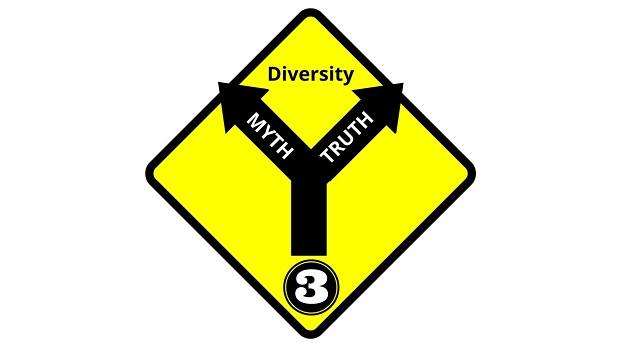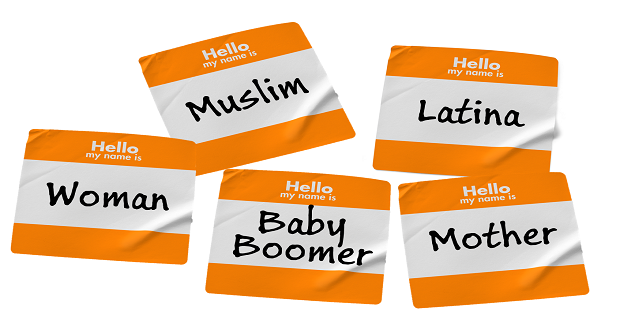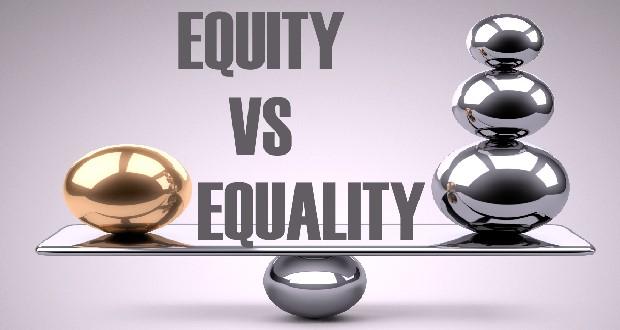
In this third installment of the series “Words and Phrases That Sting,” I want to take on the phrase “you guys”. I actually used it myself while delivering a Virtual Learning Lab for a client earlier this month and surprised myself when I said it, because I do not normally use that phrase. I felt really uncomfortable after I said it and realized that it is potentially one of the phrases that “sting”. I started to think about how often I still hear others use it. Someone will refer to me as “one of the “guys.” I hear greetings like, “Hey, guys, how are you today?” or queries like “Where are you guys located?”
Over time, phrases like “you guys” have merely become a colloquial way to refer to groups of mixed genders. Still, it’s worth contemplating the expression, especially given that it can potentially discomfort some people.
For starters, I think I can speak for most professional women when I say that while I may not be a guy, I’m also not a girl—because most girls do not work in corporate America. Women do. Referring to any colleague as a girl is demeaning, condescending, and has no place in our business lexicon. The same goes for “boy,” which comes with added potential to insult Black men. Thankfully, the days when Mad Men called their secretaries and assistants girls are over (though not totally in some workplaces where men and women are sometimes equally guilty of the habit).
“You guys,” may not be of the same ilk as black men being called boys or women girls in the workplace, but at the same time, I’ve never heard anyone refer to a mixed-gender group as “girls.” “OK, girls, let’s start this meeting!” Think about how jarring that would be for men, and even women, sitting around a table to hear. In some sense, depending on industry and company, using a gender-specific noun like “guys” might needlessly remind some women of their minority standing.
So how about this: If there are only a few people in the room, why not address them by their names? Or for a larger group, words like “everyone,” “team,” and “folks” work much better. In a similar sense, some years back the U.S. House of Representatives opted to use “chair” instead of “chairman.” Likewise, we’re more apt today to say “firefighter,” “flight attendant,” “salesperson,” and “police officer.” (Granted, it gets trickier with other job titles, like “waitress.” Even in this case, “server” is a good alternative.)
I am enjoying this series because it makes me ponder words and phrases that we all sometimes take for granted. My intent is not to try to make us hyper-sensitive and overly cautious about what comes out of our mouths. On the other hand, I am trying to heighten our awareness that seemingly innocent words can “sting”.
Several of our readers commented last week about other words and phrases that “sting”. Thanks for your input and we would love to continue the dialogue!



















Guy is reputed to have come from Guy Fawkes of the Gunpowder Plot and the white mask so popular lately. My Grandfather did not like the word guys because in his speech community that was a phrase used by gangsters, with whom he had a little experience. What I’m curious about is the origin use of the word ladies by sergeants to the enlisted med in the Marines.